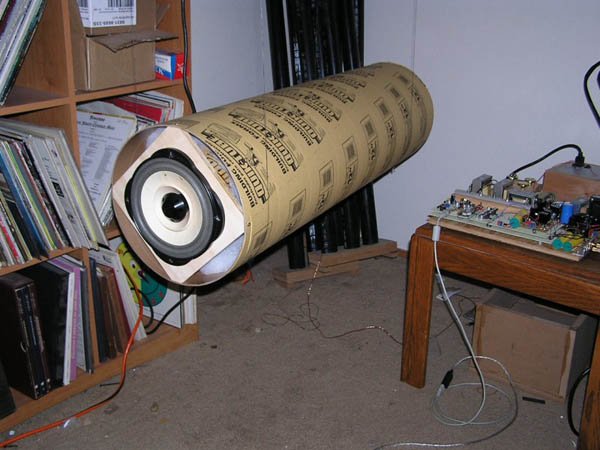You missed the point. They won't be my customers and therefore I will not have to deal with them. This is America. We still get to choose not to do business with people who wish us harm of any kind. So, one takes care of your customers. And you ignore those that wish to stir up trouble. You just say no thanks. If you have ever made a payroll, paid 10's of thousands of dollars in taxes, grown a product line, created a top of mind "brand".....you would understand that folks protect their hard work and good name in any and every way possible.....considering legal, moral and ethical standards. One never creates problems for himself by attempting to cater to ill-willed, would be customers.
I suspect most people participating in the forum are "above average." So, I going say yes about the positive assumptions you could make about me and make the same assumptions about you. You can guess that I and many others are qualified to understand your position. It's a safe bet I didn't miss your point.
You're position, as a business owner, is that what Amir is doing is, first and foremost, "threatening". My position is that it is "enlightening" because I am a customer:
1) I am currently planning an entirely new audio system so this is all of current interest. My previous high end system, spec'd out 17 years ago, was analog. Now, I am considering the advances in digital and proceeding on the basis that digital will give me the same or greater satisfaction. When a lot of people declare that the Iso Regen makes a huge positive difference in their systems, I have to consider that as important data. However, having conducted informal audiophile listening tests myself (on cables and digital players), I know how fragile (and personal) peoples' decisions on what's best can be. So a chorus of voices is not proof and I want to dig deeper, somehow, to see the value added for me to each component I add to the system
2) Amir is posting data showing, in various conditions, low levels of noise with or without the device. He is positing that the levels are sufficiently low that there is no humanly perceivable audible difference with or without the device, as tested. There is a chorus of protests and counter theories. Pride, money, business, perhaps even good sound, are at stake on both sides. Maybe there really is an audible difference. Amir has not disproven this but is using his credentials and record of research in the field as reason for us to pay attention.
I and others are asking: Show convincing data supporting the alternative explanations as to why these devices should make any difference at all to the sound. It is the scientific method to force hypotheses to confront data. And vice versa. And some of us have Bacon in our DNA.
Amir has some high ground because he has data and some credentials. The honorable opposition has not come foreword with a technical response. This looks weak to me but maybe it's a good business decision. Given the backgrounds of many here, we understand it is annoying to be constantly defending an unproven theory in the absence of data, frustrating if you think the measurement misses the point while an alternative is somehow out of reach, and that the truth is somehow being trampled. To us the resolution can only be from more data, more enlightened hypotheses and more argument.
Amir is a hard-ass, but he is doing nothing wrong by holding feet to the fire.


